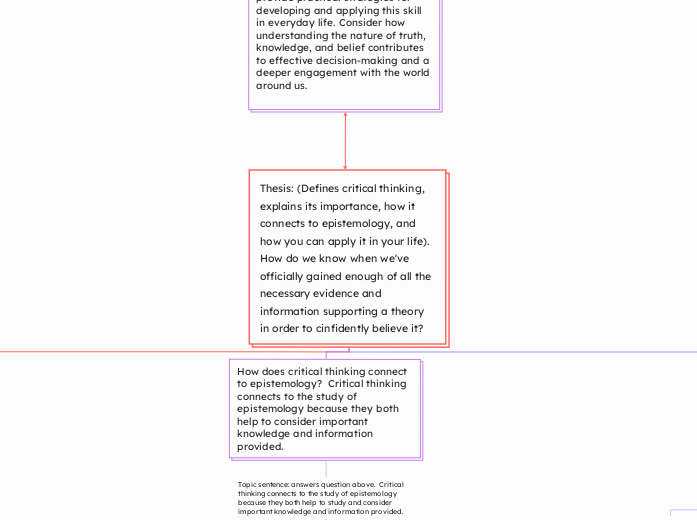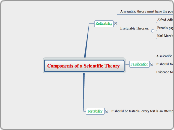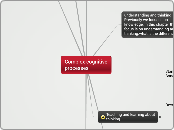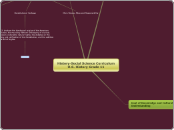Prompt: What is critical thinking and why is it important in today's world? Discuss the principles of critical thinking, including its connection to epistemology, and provide practical strategies for developing and applying this skill in everyday life. Consider how understanding the nature of truth, knowledge, and belief contributes to effective decision-making and a deeper engagement with the world around us.
Thesis: (Defines critical thinking, explains its importance, how it connects to epistemology, and how you can apply it in your life). How do we know when we've officially gained enough of all the necessary evidence and information supporting a theory in order to cinfidently believe it?
Explain strategies you can use for applying critical thinking and epistemology to your life.
In order to apply critical thinking and epistemology to daily life, we have to check all the evidence at hand to see if it seems actually believable and proven and fully reasonable. We also have to consider all the different possibilities and not jump to conclusions too soon all the time.
Personal examples
Cognitive biases are predictable mistakes our minds make due to our limited ability to process information objectively, leading to illogical decisions and mis-judgement of risks.
Fallacies are errors in reasoning, which may appear logical even if they're not.
It is important to challenge our own beliefs and consider alternatives.
The connection that epistemology has to my life is that I would associate my background knowledge and experience to a situation and consider all the possible outcomes.
How does critical thinking connect to epistemology? Critical thinking connects to the study of epistemology because they both help to consider important knowledge and information provided.
Topic sentence: answers question above. Critical thinking connects to the study of epistemology because they both help to study and consider important knowledge and information provided.
How does epistemology connect to CT? Epistemology connects to critical thinking because they both have to do with the methods, validity, and scope of a theory, and they distinguish justified beliefs from opinions.
example: misinformation/fake news: One example of a situation where critical thinking is useful is the case of misinformation and fake news. It is very important to check the company and owner and background and data of each news source that we check in order to be absolutely certain that it is real and reliable.
Define epistemology: Epistemology is the study and theory of knowledge.
Plato's Cave Allegory: Imagine people who have spent life chained in cave as prisoners with guards holding up artifacts. Prisoners can't turn their heads. All they can see is shadows. Those shadows were the only thing about reality that they knew. One of the guys breaks out of chains and escapes the cave and sees reality for the first time.
Explain beliefs versus knowledge versus truth: Beliefs are ideas that may or may not be true, knowledge is based on experience which is referred to as empiricism.
What is critical thinking and why is it important?
Topic sentence answers question above. Critical thinking is analyzing the rationality and supporting evidence of an idea. It is an important method for not being naive or gullible or deceivable by misinformation or disinformation.
Why is it important?
Critical Thinking is important for being more open-minded.
What is CT
(Use book and notes to answer). Critical thinking is understanding the difference between proven truth versus hypothesized and incomplete information.
Subtopic: Critical Thinking is useful in conversation and evaluating and analyzing our assumptions about others in order to consider multiple different possibilities instead of jumping to conclusions.









